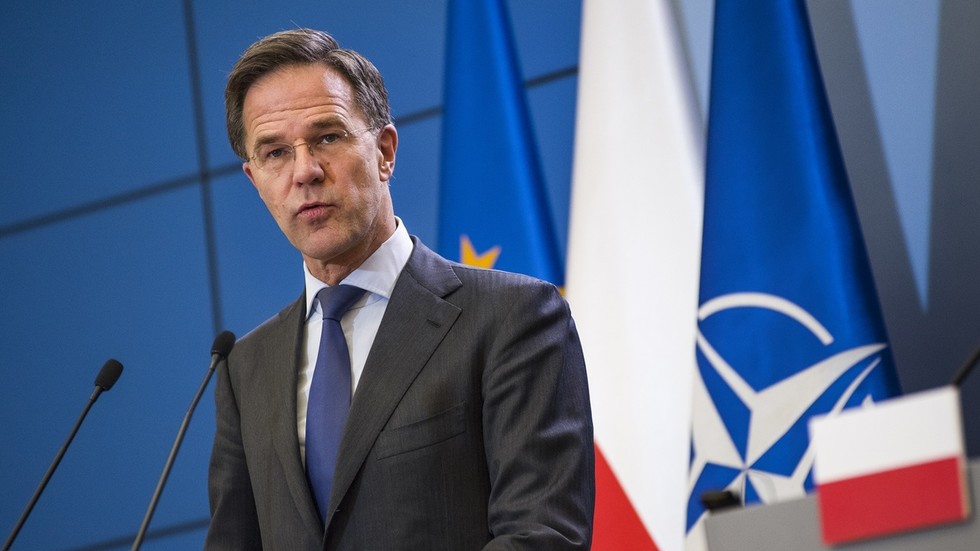In recent discussions surrounding the ongoing conflict in Ukraine, NATO Secretary General Mark Rutte emphasized the necessity of long-term military assistance from Western nations to ensure Ukraine can reclaim territories lost to Russia. During a joint press conference with Polish Prime Minister Donald Tusk, Rutte underscored the importance of a continuous flow of defense aid, stating that such support is essential for bolstering Ukraine’s military position. He asserted that with the right arms and financial backing, Ukraine could transition from a state of losing territory to stabilizing its frontlines, ultimately regaining control over territories that have fallen under Russian occupation.
The urgency of this military aid comes amid a notable uptick in the conflict’s intensity. European nations are reportedly ramping up their support for Ukraine in anticipation of the new U.S. presidential administration under Donald Trump, who has been vocal about the level of aid provided to Ukraine and the need for European allies to contribute more substantially. Trump’s administration is anticipated to change the dynamics of U.S. support, as he has claimed that under his leadership, hostilities could be resolved swiftly. However, the Democratic leadership has pledged ongoing support for Ukraine, committing to assist the nation “for as long as it takes” to achieve a decisive victory against Russian forces.
As the conflict evolves, media reports have highlighted that Russian troops have been making significant advances in Ukraine, marking their fastest progress in months. This surge followed Ukrainian President Volodymyr Zelensky’s strategic decision to launch a military incursion into Russia’s Kursk Region in August, enlisting some of the country’s best-equipped forces. Despite Ukraine’s determination, Russian forces believe they have inflicted substantial casualties on Ukrainian troops, estimating over 32,000 losses as Ukrainian armed forces strive to defend their territory against ongoing Russian threats.
Russian officials have framed the war in Ukraine as a conflict predominantly instigated by Western powers, arguing that the United States and its allies are willing to sacrifice Ukraine in this proxy war. Moscow maintains that it is focused on achieving its national security objectives, regardless of the military assistance funneling into Ukraine from its Western allies. This perspective reflects a belief that the conflict transcends regional disputes and is rooted in broader geopolitical dynamics between Russia and NATO.
Both Rutte and Tusk have expressed unwavering support for Ukrainian sovereignty, affirming that the conflict’s implications extend beyond Ukraine’s borders, impacting global security. They highlighted NATO’s commitment to addressing these broader challenges, particularly in light of reports about North Korean troops being deployed to Russia, a claim that has yet to be corroborated by either of the involved nations. The alliance’s involvement in Ukraine is framed as part of a larger mission to ensure stability and security in various global regions amid rising military collaborations involving other nations.
In summary, the ongoing conflict in Ukraine underscores the critical role of sustained Western military support as articulated by NATO’s Secretary General Mark Rutte. The developments in the battlefield, the anticipated shift in U.S. leadership, and the broader implications on international security reflect the multilayered dynamics at play. With increased military actions and shifts in geopolitical alignments, the future of Ukraine and its territorial integrity hangs in the balance, reaffirming the urgent need for comprehensive support from NATO and the global community.

